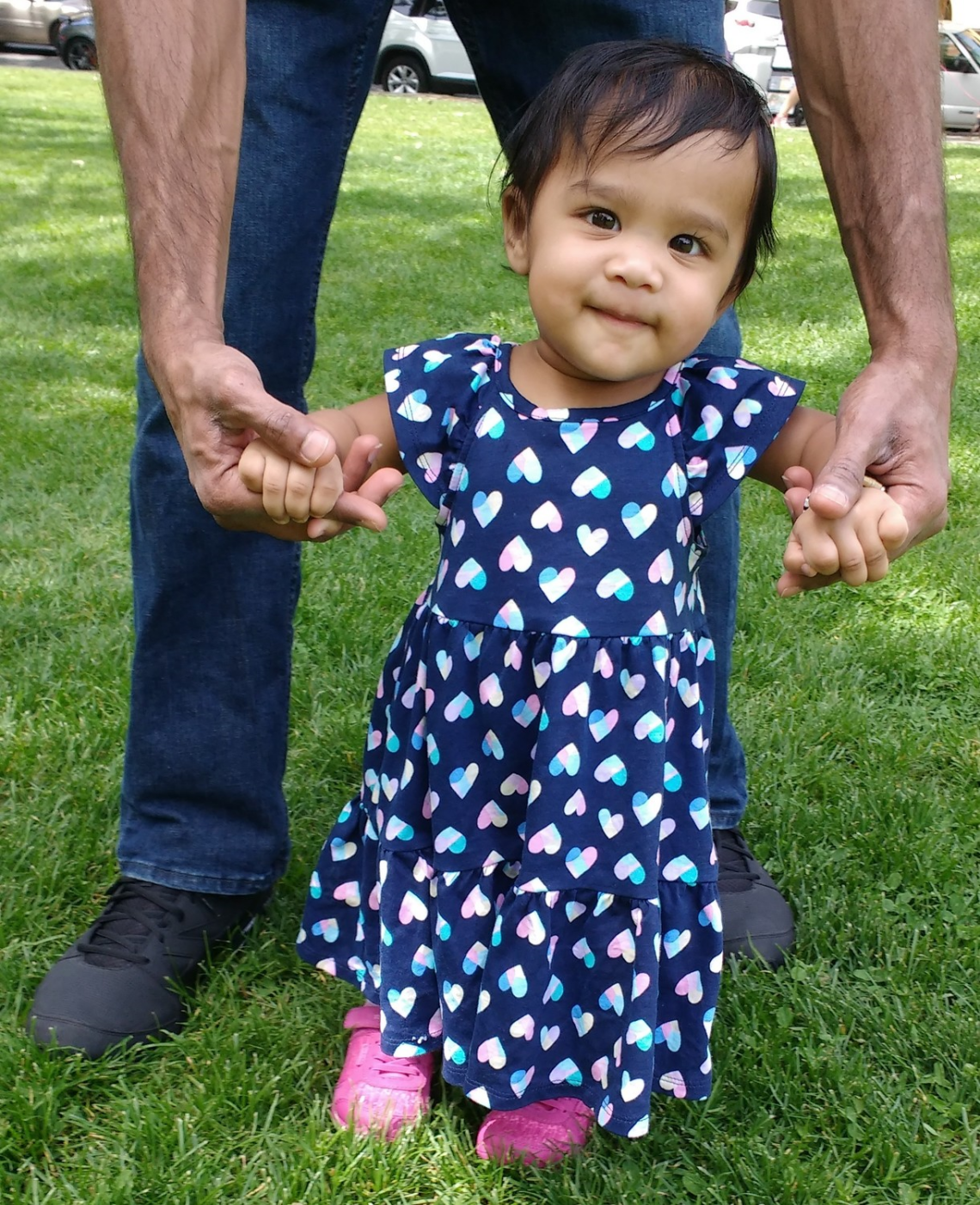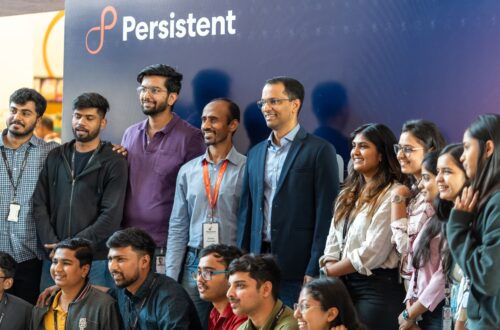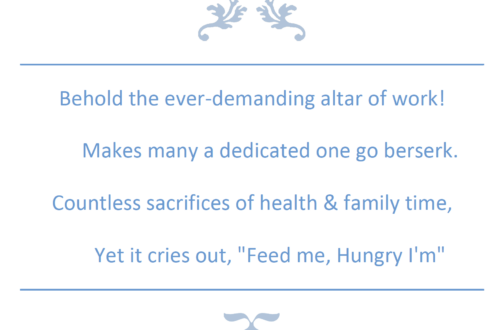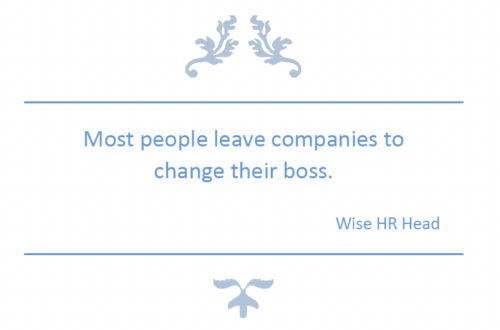Ever tried to teach a kid to walk? How’d it feel? The above snap captures a moment in time when I was teaching my daughter Grace to walk. It was more or less me just holding on to her fingertips and keeping her safe, while her anxious feet did the exploration. Seems just like yesterday when she was merely a thought in my heart. Strange how time flies. Just feels like yesterday when I took up my very first job in Persistent Systems in the July of 2005. I myself was a “kid” at work and over a period of time I grew up.
Looking back, I remember how I learnt the ropes in my initial days. Those days of being a curious newbie (aka fresher), I still recall fondly. My focus had more or less been on striving for excellence rather than perfection. “What’s the difference?” you ask. Perfection is the absence of any and all flaws. Excellence is the quality of improving oneself on a continuous basis. Perfection is a humanly unattainable state, while excellence is more of a process. Simply put, excellence is when one is trying to be better today than he/she was yesterday. The reason for my focus on excellence was mainly because I felt like God had told me, “I don’t want you to be the best programmer in the world, I just want you to be the best programmer that you can be.”
Striving for excellence motivates you, Striving for perfection is demoralizing.
– Harriet Braiker
That’s not however what few of my managers would tell me later on during the 1-on-1 appraisal sessions. The usual conversation would be along these lines – “Cladius, you are part of a team. And it is but natural that you would be compared with your peers. So you are in fact in a competition with them for a promotion. If you want to win, you have to work hard on outperforming them. I know they are your friends, but they are also your colleagues.” Well-intentioned and I must say logical advice to say the least. But I believe this kind of an outlook is what leads to one getting trapped in a rat-race. My firm belief at the time was that one should work to the best of one’s ability and also intentionally focus on one’s self-improvement. If you do this, success will naturally follow.
And I did just that for several years. I remember how during my feedback sessions with my managers, I would normally not pay much attention to the strengths that they listed for me. I would cruise through that part and then finally ask them “If you could change 1 thing about me, just 1, what would it be?”. Then I would focus on improving that weakness. I wasn’t much interested in hearing my work being praised, because as far as I was concerned, whatever I was doing right, I was doing intentionally. It were my weaknesses that were mostly in my blindspot, which I needed my managers to talk to me about. I felt like I had found the most optimum way of growing as a professional. Or so I thought.
Somewhere around the 6-7 year mark in my career, I began noticing that there were several juniors in my team who reminded me of how I once was when I’d started off my career. Some of them seemed lost in the corporate world, without adequate mentoring and hand-holding. Some of them were my own sheep, that had been entrusted to my care and some that just grazed in the neighborhood. Someone needed to groom them, but who? I already had a lofty goal of daily self-improvement. I could not obviously give that up to help the new kids on the block. But eventually, I did.
It was a hard choice, but I decided to intentionally focus my efforts on teaching these kids. Yes, I called them “kids”, “my” kids. And that was not a way for me to belittle them, but rather a term of endearment and belongingness. I realized that the best way to teach is to lead by example. So I would consciously code better, design better, document better, comment better, just so that the kids would see my work and strive to reach the same level of excellence and one day even exceed it. I would motivate them when they needed me to. I would help them when they weren’t able to solve problems on their own. I would let them deal with some issues on their own, when I knew that they could do it even if they didn’t think so. I would also correct them in private and tell them that I expected better from them. In short, I was teaching my kids to walk. My game plan at work had changed drastically from trying to just improve my performance to improving theirs.
Time passed by in it’s usual fashion and one day a sudden realization stared me in the face. I had transformed into a better software engineer. In all the years of deliberate self-improvement I had not seen the kind of growth that I witnessed in me during this period when I started focusing on my kids. Seemed counter-intuitive to me at first. But it turns out that in trying to be a better role model for the kids, I kept going the extra mile. After awhile, all those miles started adding up. My earlier approach of focused continuous self-improvement, though good, was at the core of it very selfcentered. It was only when I shifted my focus to others around me did I take great strides towards my goal of self-improvement. I’m still amazed at how effective this counter-intuitive approach really is.
“Well, that’s nice but what do I do with this, Cladius?”. Well, if you consider yourself an expert at whatever it is that you do for a living, I want to remind you that you have a responsibility towards the kids around you in your workplace. Teach them, mentor them, invest in their growth – that’s also a part of your job. As a side-effect, you will in turn be better as a result of this hand-holding. Or on the other hand (pun intended), if you are just starting off in your career, find someone who is worthy of being your mentor and learn from him/her. In time, grow up and do the same for others.
So, ever tried to teach a kid to walk?




